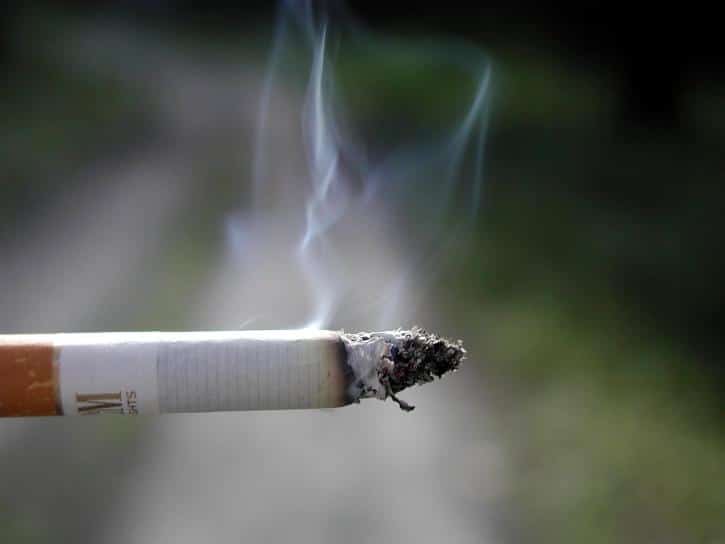A new paper published in the Journal of Health Economics suggests that burdensome taxes on vaping products lead to an increase in cigarette sales.
The co-authors of the peer-reviewed article—including Michael Pesko, a leading tobacco economist in the United States—used the NielsenIQ Retail Scanner Dataset (NRSD) over the years 2013 to 2019, which tracks weekly sales of many national retailers and a large percentage of total sales among drug stores, food stores, dollar stores, club stores and mass merchandisers. They found that e-cigarette taxes almost fully pass through to consumer retail prices—meaning, in short, that vapers typically have to pay most of the tax. The authors estimate, more specifically, that a $1 increase in e-cigarette taxes increases e-cigarette prices by 90 cents. Policymakers, therefore, heavily influence the retail price of e-cigarettes through tax legislation.
“Our study finds that for every one Juul-sized e-cigarette eliminated as a result of an e-cigarette tax, 1.9 packs [of cigarettes] are purchased instead.”
Because e-cigarettes are elastic goods (the price of the product leads to a substantial shift in the demand for it) and economic substitutes for cigarettes, tobacco harm reductionists and public health economists have tried to demonstrate that an increase in the price of e-cigarettes could easily discourage vapers and potential vapers—by leaving cigarettes, the far more dangerous nicotine alternative, as the cheapest.
“The main takeaway here is that our study finds that for every one Juul-sized e-cigarette eliminated as a result of an e-cigarette tax, 1.9 packs [of cigarettes] are purchased instead,” Michael Pesko, a co-author of the paper and a health economist at Georgia State University, told Filter.
Municipalities and states continue to adopt higher vaping taxes, and in 2021, federal legislation jacked up e-cigarette taxes in an attempt to be proportionate with cigarette taxes—a move that tobacco harm reduction proponents and critics argued at the time was counterintuitive at best. If you want to encourage people to transition from cigarettes to a safer alternative like vaping, naturally, you would want to incentivize it by making the safer product less expensive than the deadly one.
As the authors note, between the end of their study period in December 2019 and June 2022, 13 states enacted e-cigarette taxes, which brought the total number of states taxing vaping products to 30. Perhaps most notably, California Governor Gavin Newsom approved a 12.5 excise tax in October 2021, at a rate close to what cigarettes are currently taxed in the state. (Meanwhile, in Colorado, a vape tax may have actually prevented full-scale prohibition: In May 2022, a Colorado Senate committee voted against a flavor ban because tobacco taxes were being used to fund universal preschool.)
“E-cigarette taxes appear to be causing substitution in the wrong direction.”
“Our results also find that cigarette taxes sizably reduce cigarette sales, so if the goal is to end cigarette use, then raising cigarette taxes is the way to do it,” Pesko said. That policy has its critics, too, particularly among those concerned with the punitive taxation, and potential criminalization, of marginalized populations with the highest smoking rates.
When it comes to curbing taxes on vapes, however, tobacco harm reduction proponents are generally united.
“Cigarettes are a more dangerous product, so e-cigarette taxes appear to be causing substitution in the wrong direction,” Pesko said.
Photograph by Paolo Neo on Pixnio
The Influence Foundation, which operates Filter, has received grants from Juul Labs, Inc. Filter’s Editorial Independence Policy applies.





Show Comments